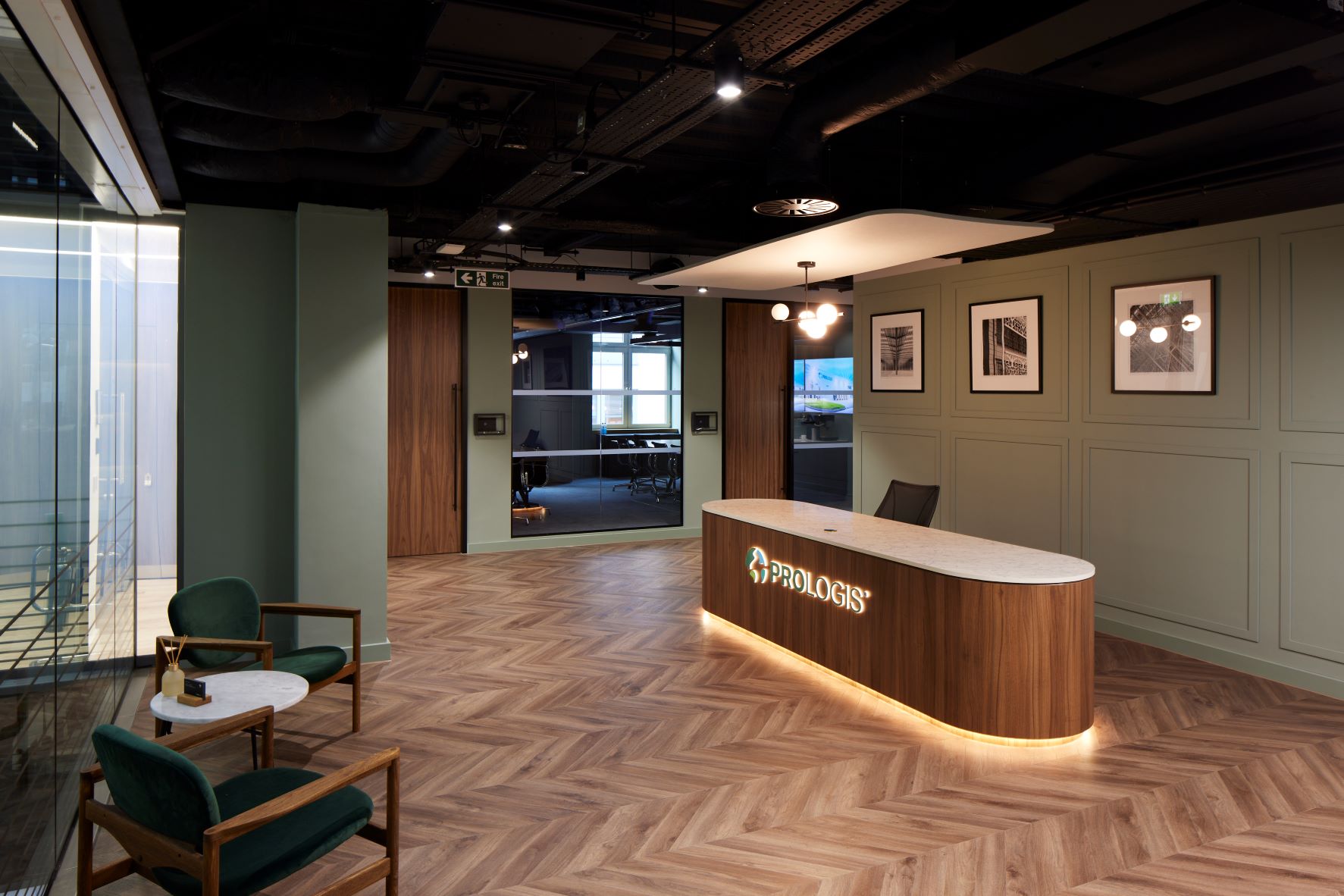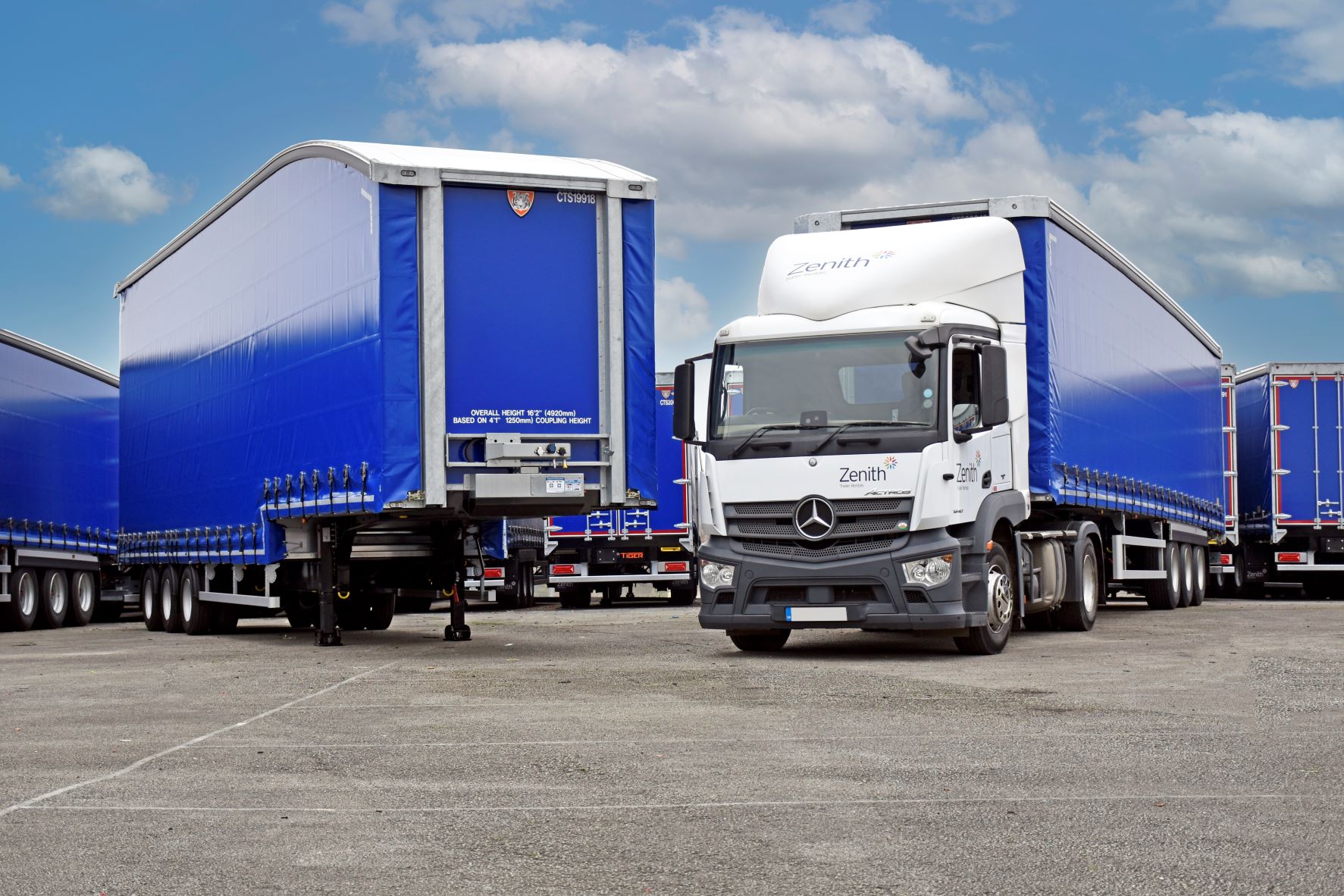Remote control services are gaining importance for proactive problem-solving in highly automated systems. Logistics Business reports.
Remote services enable intralogistics specialists to access highly automated warehouses and carry out troubleshooting in real time. It’s not just about responding to problems: it’s also about analysing data and simulating scenarios proactively to enable customers to have maximum availability. “Remote Services are increasingly in demand because clients want greater availability,” says Georg Katzlinger-Söllradl, Director Global Lifetime Services at Austria-based TGW, which is now offering nine different modules remotely with its Lifetime Services Unit (LTS).
Two major driving factors account for customers making increasing use of remote services. First, fewer in-house employees are needed on site, which saves money. Second, companies want to protect themselves from internet crime, particularly hacking attacks.
Cybersecurity focus
Hack attacks on the supply chain have increased since the pandemic began. Some 81 percent of those surveyed in an IT study carried out in 2021 with 1,451 decision-makers reported that they were seeing more cyber threats during the pandemic. Fifty-six percent experienced critical instances of a standstill resulting in damages of more than $100,000 US.
According to the study, however, companies place a low priority on cybersecurity, despite the fact that their IT departments have recognised the elevated threat level. Katzlinger-Söllradl says that companies who have already learned the hard way or heard about such incidents firsthand are the most likely to take the topic seriously. He sees big corporations in a better place in this regard than their smaller counterparts. “However, there are also major corporations that believe you have to do everything yourself in order to save money,” he observes.
TGW can draw on the experience of more than 1,000 completed systems and offers ongoing training to its experts. A total of more than 130 specialists work in the Remote Services area. Customers who have complete systems built that include a Warehouse Management System (WMS) also benefit from the fact that TGW’s software developers are easy to contact and no third-party suppliers have to be involved. Customers reach the in-house Support Centre directly via the hotline. TGW even does first level support itself rather than outsourcing it to a provider. This enables TGW to solve about 90 percent of all problems in the software area. Only in extremely complex cases, such as combined software and hardware problems, is it necessary for technicians to be on site.
Current service modules include:
• Managed Connectivity: For remote access to be as secure as possible, the connection is based on the highest security standards. The solution here is an up-to-date Cisco Multipoint Virtual Private Network (VPN) and Virtual Desktop Infrastructure (VDI) technology. Multi-factor authentication is required to gain access.
• Expert Support: TGW’s experts are available around the clock 365 days a year to answer the hotline. They speak multiple languages and have mastered the entire scope of services, from mechatronic components to the control system and IT hardware to the software applications such as TGW’s material flow controller or the WMS. If desired, a cause analysis can be added on to each problem-solving procedure.
• Software Monitoring & Alerting: The experts take the pulse of the system at all times. This means that they can monitor all software components provided by TGW – from error statistics of the mechatronic modules to the IT hardware and software applications to the interfaces. Anomalies trigger an alarm. Depending on the agreement, TGW employees work on the problem or the customer does so itself.
• Backup and Disaster Recovery: The complete system is prepared for a worst-case scenario – with standardised and tested procedures for re- importing backed-up data versions. Backups are improved and availability checked on a regular basis.
• Data Visualization & Analytics: The operator can carry out evaluations and start certain queries via the dashboard.
• IT Management: TGW offers cost-efficient server and database management, including reports and recommendations, improvements or software updates.
• Test Environment: A variety of operational strategies can be compared without the production system ever being involved. The test system always remains at the same level as the production system.
• Patch Management Services: Experts select, test and install security-relevant patches that match the customer’s specific system. This makes it possible to close security gaps and minimise failures. Release updates of the database providers are also carried out, requiring fewer than four hours of downtime.
• Security Scanning: Specialists test for security gaps regularly and take countermeasures if necessary.







